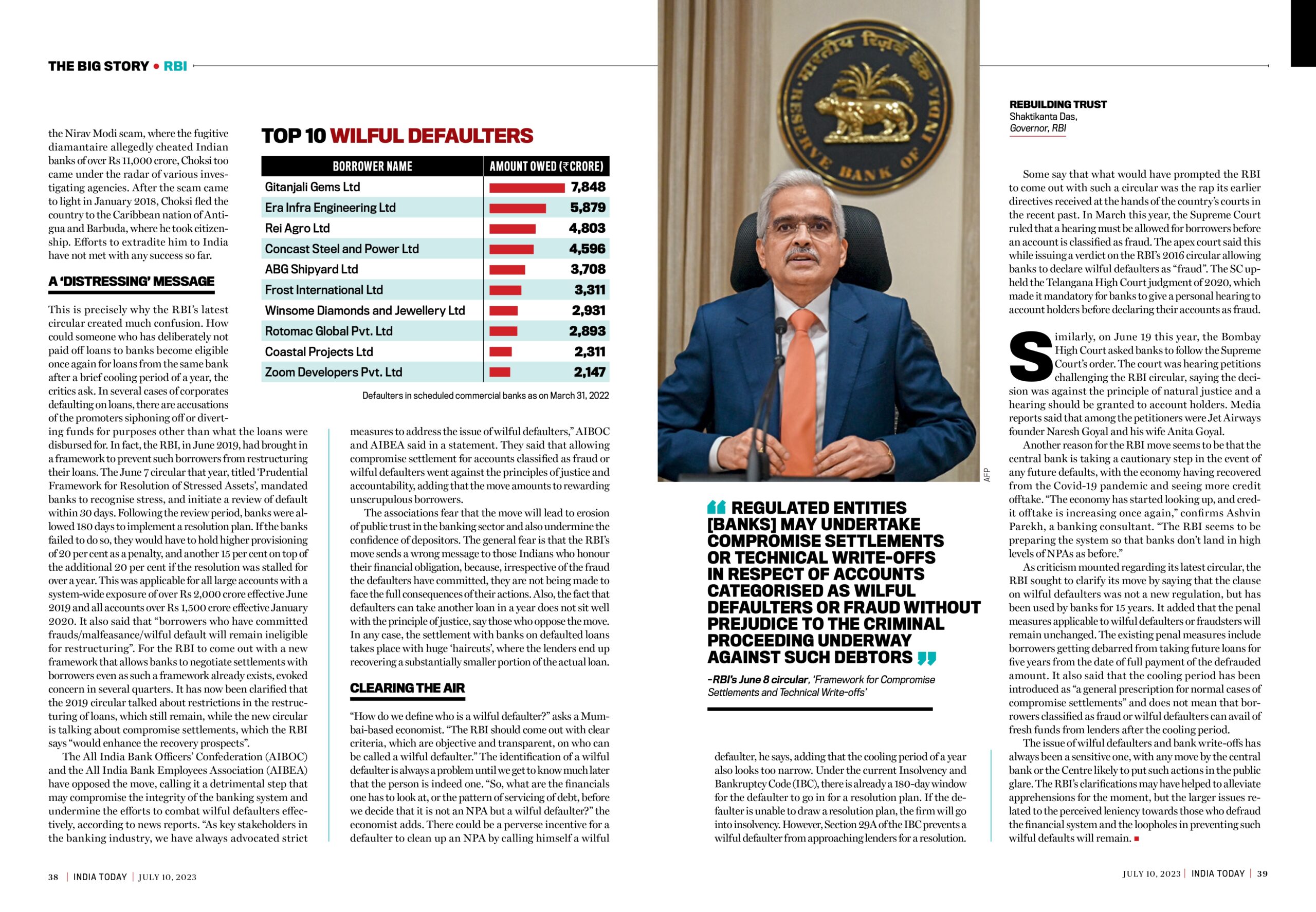by APAS Team
Share
by APAS Team
Share

Navigating the Future of Consulting: The Role of Digital Transformation
Digital transformation is no longer a mere buzzword; it has become an imperative for businesses aiming to thrive in an increasingly complex and fast-paced environment. As industries evolve, the consulting profession must adapt to the rapid changes brought about by technological advancements. This blog explores how digital tools and strategies are revolutionizing consulting practices, focusing on key areas like cloud computing, machine learning, data analytics, and supply chain management. By understanding these shifts, consultants can better serve their clients and remain competitive in the marketplace.
In this blog we discuss Embracing Cloud Computing for Client Solutions, Machine Learning in Banking, Financial Services, and Insurance (BFSI), Data Analytics: Turning Insights into Strategy, Supply Chain Consulting in the Digital Age and Why Digital Transformation is Essential for Consultants. Subsequent to this blog we will discuss the aspects of change management and project management which are equally critical for the consultant’s clients and performing consultants must understand the various challenges that may arise out of digital transformation journey.
Embracing Cloud Computing for Client Solutions
Cloud computing has emerged as a cornerstone of modern business infrastructure, enabling organizations to operate with unprecedented flexibility, scalability, and efficiency. As businesses increasingly migrate their operations to the cloud, consultants play a crucial role in guiding clients through this complex transition. This involves not only understanding the technical aspects of cloud platforms but also aligning these technologies with the overall business strategy.
One of the key benefits of cloud computing is its ability to facilitate collaboration among teams, regardless of geographical location. Consultants must understand how to leverage cloud technologies to foster seamless communication and project management among clients’ teams.
For instance, a consultant may assist a client in developing a hybrid cloud strategy that optimizes data storage and processing capabilities while ensuring compliance with industry regulations. This might include advising on the best practices for data security in a cloud environment, ensuring that sensitive information is protected while still accessible to authorized personnel.
Moreover, cloud computing enables real-time data access, allowing consultants to provide timely insights and recommendations. By leveraging cloud-based analytics tools, consultants can analyse client data more effectively, helping organizations make informed decisions that drive business growth.
Example: A consulting firm worked with a retail company to shift its inventory management system to the cloud. By implementing a cloud-based solution, the company achieved improved visibility across its supply chain, enabling quicker response times to customer demand while reducing excess inventory costs. This transformation not only streamlined operations but also enhanced customer satisfaction by ensuring that products were available when needed.
Machine Learning in Banking, Financial Services, and Insurance (BFSI)
In the banking, financial services, and insurance (BFSI) sector, machine learning is redefining how organizations make strategic decisions. As the amount of data generated within these industries continues to grow exponentially, the ability to analyse and interpret this data effectively has become paramount. Consultants are tasked with integrating data-driven solutions that enhance risk management, optimize customer experiences, and streamline operations.
This shift requires consultants to move beyond traditional advisory roles and become partners in implementing advanced technologies. For example, using predictive analytics to identify potential fraud patterns allows financial institutions to enhance their security measures. By embedding machine learning algorithms into operational processes, consultants help clients achieve not only immediate results but also long-term sustainability and growth.
The implementation of machine learning solutions can also significantly improve customer interactions. For instance, consultants can advise clients on using chatbots powered by artificial intelligence to handle customer inquiries efficiently. These chatbots can learn from past interactions and improve over time, providing personalized responses and freeing up human resources for more complex issues.
Example: A consultant advised an insurance company to implement a machine learning model for automating claims processing. The model analysed historical claims data to quickly validate claims, flag fraudulent patterns, and streamline approvals. This not only reduced processing costs by 30% and fraud rates by 20% but also enhanced customer satisfaction through faster resolutions, ultimately improving operational efficiency and profitability.
Data Analytics: Turning Insights into Strategy
Data analytics has emerged as a vital tool for modern consultants, enabling them to derive actionable insights from vast amounts of information. In a world where data is abundant, the challenge lies in collecting, interpreting, and leveraging this data to inform strategic decisions. Consultants today are expected to assist businesses in navigating this complex landscape, ensuring they harness the full potential of their data assets.
One crucial aspect of data analytics is developing a robust data governance framework. This ensures that data is accurate, consistent, and secure, which is essential for making informed business decisions. Consultants must work with clients to establish policies and procedures that govern data collection, storage, and usage, thereby building trust in the organization’s data-driven strategies.
Consultants are also responsible for designing comprehensive data strategies that align with their clients’ objectives. This includes identifying key performance indicators (KPIs) that matter most to the business and establishing processes for continuous monitoring and reporting.
Additionally, data analytics can help uncover trends and patterns that inform future business strategies. By analyzing customer behavior, market trends, and sales forecasts, consultants can help organizations identify new opportunities for growth and innovation.
Example: A consulting team collaborated with a healthcare provider to analyze patient data and identify trends in treatment outcomes. By implementing a data analytics platform, they were able to create targeted intervention strategies that significantly improved patient care while reducing costs. The ability to analyze data effectively allowed the healthcare provider to allocate resources more efficiently, ultimately leading to better health outcomes for patients.
Supply Chain Consulting in the Digital Age
The digital transformation of supply chain management is another area where consultants are making a significant impact. Traditionally focused on cost reduction and operational efficiency, supply chain consulting now incorporates advanced technologies such as artificial intelligence (AI), the Internet of Things (IoT), and blockchain.
Consultants help businesses build agile and transparent supply chains that can adapt to market fluctuations. By integrating AI-driven logistics and real-time tracking systems, consultants provide clients with the tools to anticipate disruptions and optimize their supply chains for maximum resilience. This proactive approach enables organizations to respond quickly to unexpected challenges, such as supply chain disruptions caused by geopolitical events or natural disasters.
Moreover, the application of blockchain technology in supply chain management enhances transparency and traceability. Consultants can guide clients in implementing blockchain solutions that allow for secure and tamper-proof record-keeping, which is particularly beneficial in industries such as food and pharmaceuticals, where tracking the provenance of products is critical.
Example: A consulting firm partnered with a manufacturing company to implement IoT sensors in their production line. This enabled real-time monitoring of equipment health and inventory levels, significantly reducing downtime and improving overall production efficiency. By using data from these sensors, the company could predict when maintenance is needed, preventing costly interruptions to production.
Why Digital Transformation is Essential for Consultants
The consulting profession itself is undergoing a digital transformation. As organizations embrace technology to enhance their operations, consultants must leverage these same technologies to automate routine processes, enhance collaboration, and improve overall service delivery. This evolution requires a mindset shift from being solely expert advisors to becoming integral partners in the implementation and sustainability of technology-driven change.
For example, consultants can adopt digital collaboration platforms that facilitate seamless communication and project management among teams. These platforms enable real-time updates, document sharing, and task tracking, enhancing team productivity and ensuring that projects remain on schedule.
Moreover, the use of data analytics tools within consulting firms can drive continuous improvement in service delivery. By analyzing project performance metrics, consultants can identify areas for enhancement, optimize methodologies, and refine strategies to better meet client needs.
Example: A consulting firm adopted a digital collaboration platform that facilitated seamless communication and project management across teams. This not only improved efficiency but also fostered a culture of innovation and continuous improvement within the organization. The ability to quickly share insights and best practices among consultants enhanced the overall quality of service provided to clients.
What’s Next?
While this blog has focused on the technological aspects shaping the future of consulting, upcoming entries will explore other critical trends impacting the industry. Topics will include changes in client engagement models, new methodologies for problem-solving, and emerging leadership approaches that are essential in today’s consulting landscape.
As digital transformation continues to influence the consulting profession, it is imperative for consultants to stay abreast of technological advancements and adapt their strategies accordingly. This commitment to continuous learning and innovation will ensure that they remain valuable partners for their clients in navigating an increasingly complex business environment.
Conclusion
Digital transformation is not just a trend; it is a necessity for consultants aiming to thrive in a rapidly changing landscape. By embracing cloud computing, machine learning, data analytics, and advanced supply chain strategies, consultants can drive significant value for their clients. As the consulting profession continues to evolve, staying informed and adaptable will be crucial for success.
Stay tuned for the next instalment, where we will delve into other exciting trends shaping the consulting industry and explore how professionals can navigate these changes effectively. 
Anjana Mannotti
STAY IN THE LOOP
Subscribe to our free newsletter.
The slower economic growth caused by regulatory accumulation could well [...]
HDFC Bank Completes Merger, Forging a Financial Powerhouse and Global [...]
Previous Irdai leaderships wanted a stable industry. So, very little [...]



